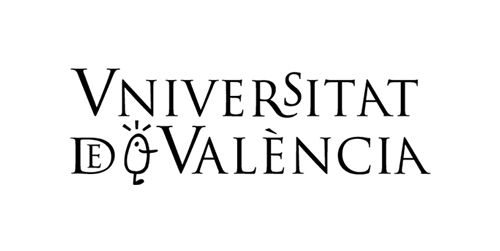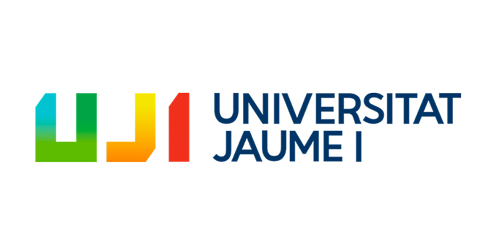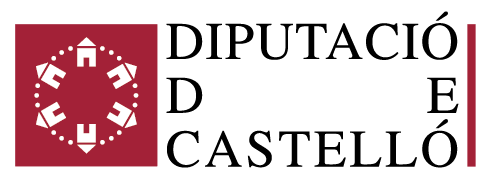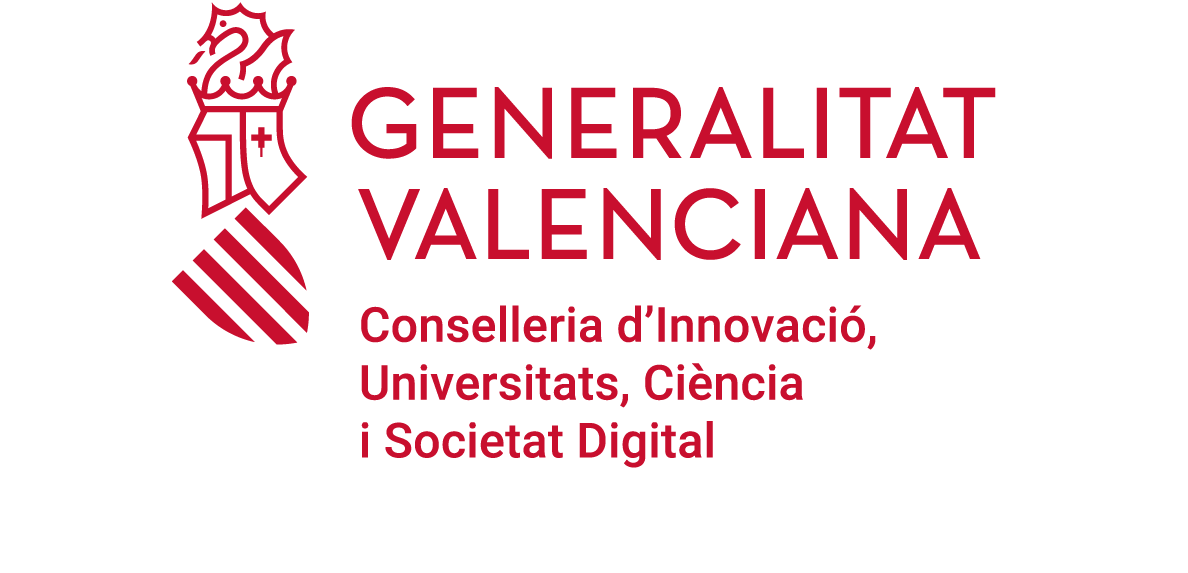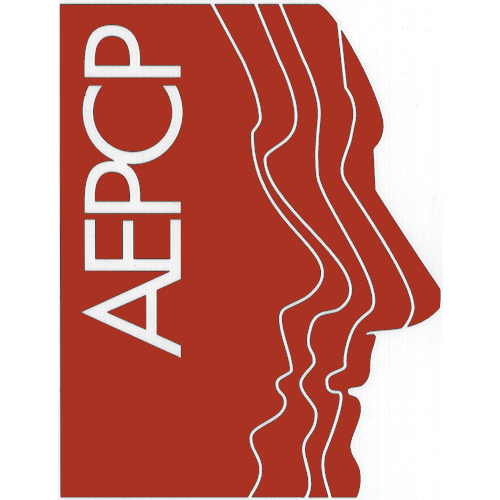Ángel Gasch
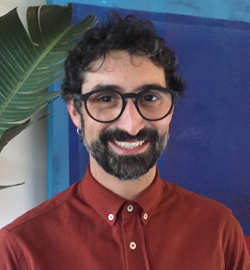
LGTBIQ PEOPLE HEALTH FROM A COMMUNITY AND PUBLIC HEALTH APPROACH
SUMMARY
In the current global socio-political situation, it is necessary to know and make visible the specific health needs of diverse sex-gender people. In addition to the oppression experiences, the universal assumption of heterosexuality and the lack of an interdisciplinary intervention, pose barriers to a proper health care, derived from the cis-heterocentric conception of the sex-gender structure in occidental culture.
Therefore, it is urgent to analyse the role that community health has as a change agent to know the empowerment and balance resources that, in the face of adversity, LGBTI people develop. A positive approach that is observed in people care, in the resilience strategies that are created to legitimize affections and build and invent one’s own desires. The LGBTI people relationships are transgressive with the sex-gender system and in communities, they show other ways of taking care of themselves and establishing supportive networks. It is about a social environments’ transformation, which is daily observed in our neighborhoods. Also in institutions, participation in decision-making and in the resources’ distribution requires changes closer to diversity, which allow legitimizing spaces towards equity.
In this symposium, emerging lines of study are presented, which identify gaps in knowledge, such as the action towards lesbian women mental health from occupational therapy, or the lack of interventions focused on these women sexual health. Studies on interventions related to self-care, the use of new technologies and key aspects of gender and affective-sexual identities in the management of the own health of men who have sex with men are also presented. It is also observed deficiencies in health care devices for trans people and, in general, the lack of opportunities towards comprehensive health, focused on LGBTI people realities throughout their life cycle.
BIOGRAPHY
Nurse with experience in public and private assistance services, and teaching experience in High schools. In 2016, he defended his PhD entitled “Las prácticas de riesgo entienden de género. Masculinidades y prácticas de riesgo en hombres que tienen sexo con hombres”, for which he obtained the Extraordinary Doctorate Award and in which he analyses masculinities and risk behaviours in affective-sexual relationships, as well as their influence on men’s health. He made a stay at the Faculty of Health Sciences of the University of Ottawa (Canada) and another at the University of Alicante.
Member of the Spanish Society of Epidemiology, he coordinates the working group of that scientific society called “Género, diversidad afectivo-sexual y Salud”, being also a member of other different work teams and research groups. Currently, his study area focuses on the incorporation of the gender and diversity perspective in teaching and researching in health sciences, as well as in healthcare. He also has published different research works in public health and community health areas, specifically about gender, sex and health, social inequalities and finally studying vulnerability factors.
He collaborates with different local and regional entities projects (OMSIDA, TOWANDA), helping groups in vulnerable situations and LGBTIQ people. Here, he gives workshops, develops intervention activities or identifies barriers and resistance towards health. Furthermore, derived from the gender structure impositions., he makes an integral development of people and communities,

